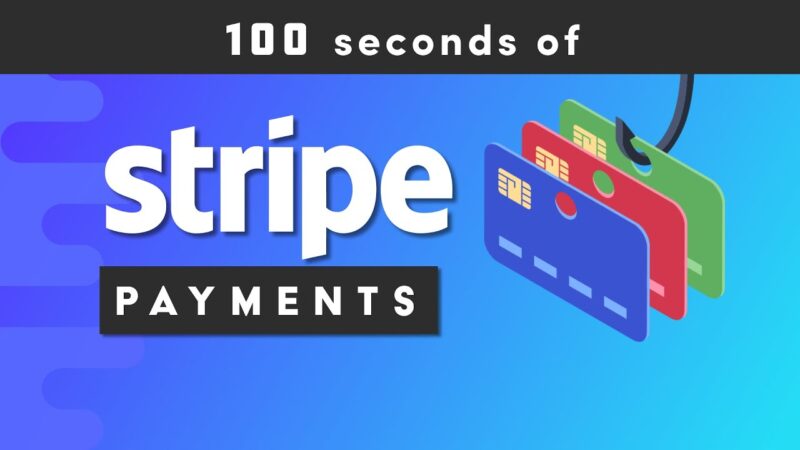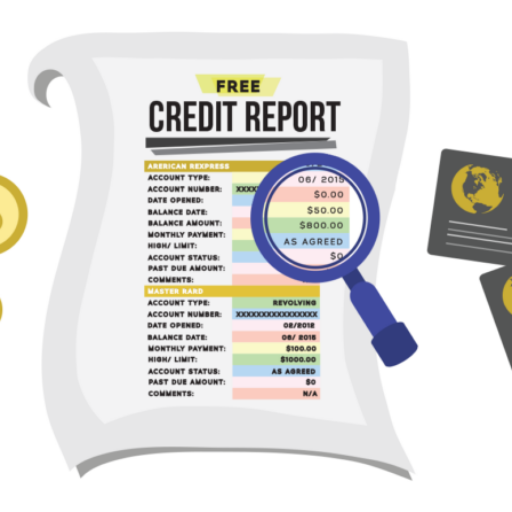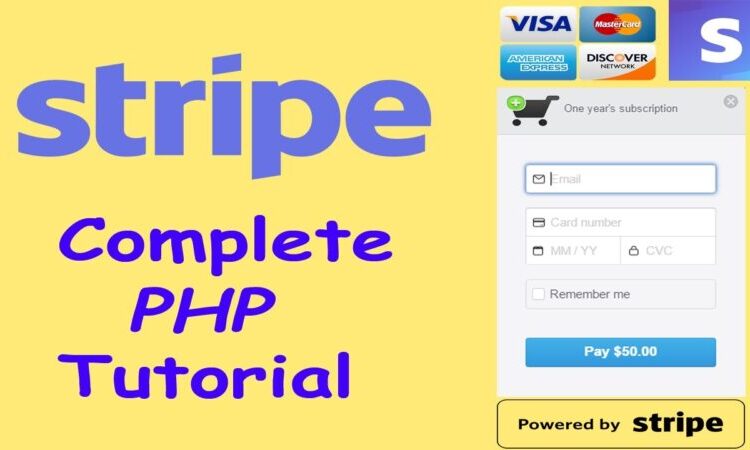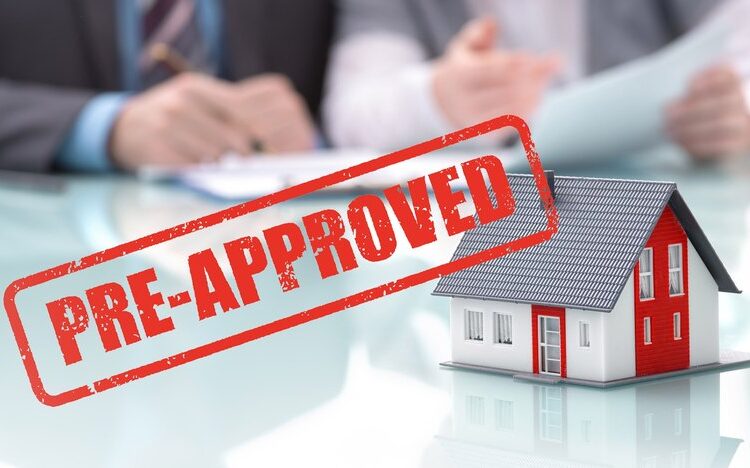Securing mortgage loan quotes can feel overwhelming, especially for first-time homebuyers. Navigating interest rates, loan types, and closing costs requires careful planning and diligent research. Many buyers find the sheer volume of information daunting, often leading to hasty decisions. This guide offers a structured approach to help you obtain the best mortgage loan quotes and make informed choices throughout the homebuying process.
Toc
- 1. Understanding Current Mortgage Interest Rates
- 2. Decoding Your Mortgage Loan Quotes: Key Components
- 3. Exploring Different Mortgage Loan Types
- 4. Recent Mortgage Market Developments
- 5. Key Factors Influencing Your Mortgage Loan Quote
- 6. Strategies for Securing the Best Mortgage Loan Quotes
- 7. Related articles 02:
- 8. Resources for First-Time Homebuyers
- 9. Conclusion
- 10. Related articles 01:
Understanding Current Mortgage Interest Rates

When exploring mortgage loan quotes, understanding how current interest rates impact your options is crucial. The Federal Reserve (Fed) plays a significant role in setting interest rates, which directly affects borrowing costs across the economy. When the Fed raises rates, borrowing becomes more expensive, resulting in higher mortgage loan quotes. Conversely, when the Fed cuts rates, home loan costs can decrease, leading to more favorable quotes.
However, while the Federal Reserve’s actions are a major influence, mortgage rates are determined by a complex interplay of various economic forces. Strong investor demand for mortgage-backed securities can drive rates down, even if the Fed is raising its benchmark rate. Conversely, economic uncertainty or a credit crunch can lead to higher rates regardless of the Fed’s policy. As of December 2024, mortgage rates are subject to fluctuations influenced by various market conditions. For instance, mortgage rates this week have experienced slight increases, reflecting broader economic trends.
Analyzing current 30-year fixed mortgage rates and adjustable-rate mortgages (ARMs) is essential. Utilizing an interest rates chart can help visualize these trends, providing clarity on where rates are heading. The current Fed interest rates play a significant role in determining the mortgage rates you might encounter. Higher Fed rates generally lead to increased mortgage rates, making home loans more expensive.
Homebuyers often wonder, “When will interest rates go down?” While it’s tempting to anticipate drops, the reality is that economic indicators and market stability significantly influence this. Predicting the exact movements of interest rates is complex, as it involves considering various economic factors, including inflation and employment rates. For example, if inflation is high, the Fed may increase rates to cool down the economy, resulting in higher mortgage rates.
Decoding Your Mortgage Loan Quotes: Key Components
To effectively navigate mortgage loan quotes, understanding their key components is essential. These include the interest rate, annual percentage rate (APR), loan term, points, closing costs, and monthly payment amount.
- Interest Rate: This reflects the cost of borrowing money for your mortgage, typically expressed as a percentage. It can vary significantly from lender to lender.
- Annual Percentage Rate (APR): While the interest rate shows the cost of borrowing, the APR includes additional fees, offering a more comprehensive picture of the loan’s total cost. It’s essential to look at APR when comparing mortgage quotes, as it can provide insight into the overall cost of the loan.
- Loan Term: This refers to the duration over which you will repay the loan, typically 15 or 30 years. A longer loan term generally means lower monthly payments but more interest paid over the life of the loan.
- Points: These are upfront fees paid to lower your interest rate. One point equals 1% of the loan amount. For example, if you take out a $200,000 mortgage, one point would cost you $2,000. Paying points can be beneficial if you plan to stay in your home for a long time.
- Closing Costs: These include various fees associated with finalizing the mortgage. Closing costs typically range from 2% to 5% of the loan amount and can include:
- Lender fees: 0.5% to 2%
- Appraisal fees: $300 to $500
- Title insurance: 0.5% to 1%
- Escrow fees: $100 to $300
- Recording fees: $50 to $150
- Miscellaneous fees: Various other costs
It’s vital to request a detailed Loan Estimate from your lender to understand all costs involved before closing.
- Monthly Payment Amount: This is the total amount you will pay each month, which includes principal and interest, as well as property taxes and insurance. Understanding how these components fit together will help you determine what you can afford.
Grasping these components is essential for making informed decisions. For instance, a lower interest rate might seem attractive, but if the APR is significantly higher due to added fees, the overall cost of the mortgage could be much greater.
Exploring Different Mortgage Loan Types
Understanding the various types of mortgage loan quotes available to first-time homebuyers is essential. Each loan type comes with its unique set of advantages and disadvantages.
- 30-Year Fixed-Rate Mortgages: These offer stability with consistent payments over three decades. They are popular among homebuyers who prefer predictability in their monthly payments. However, they may come with higher interest rates compared to shorter-term loans.
- 15-Year Fixed-Rate Mortgages: Typically have lower rates and allow homeowners to build equity faster, but they come with higher monthly payments. These loans can save you money on interest over the life of the loan, making them an attractive option for those who can afford the higher payments.
- Adjustable-Rate Mortgages (ARMs): These can be appealing due to their initial lower rates, but they carry the risk of increased payments once the fixed period ends. After the initial period, the interest rate adjusts based on market conditions, which can lead to significant changes in your monthly payment.
- FHA Loans: Government-backed loans provide options for eligible buyers, often with lower down payment requirements. FHA loans are ideal for first-time homebuyers with limited funds for a down payment.
- VA Loans: Available to veterans and active-duty service members, VA loans often come with favorable terms, including no down payment and no PMI (Private Mortgage Insurance). These loans are an excellent option for those who qualify, as they can save significant money over the life of the loan.
- USDA Loans: Designed for rural and suburban homebuyers who meet specific income requirements, USDA loans offer 100% financing, meaning no down payment is required, making them an attractive option for eligible buyers.
Comparing multiple mortgage loan quotes from different lenders is crucial. Ideally, first-time homebuyers should gather at least three quotes to ensure they secure the most favorable terms. Make sure to consider not only the interest rates but also the APR, closing costs, and loan terms when making comparisons.
Recent Mortgage Market Developments
As of late 2024, two significant trends have emerged in the mortgage market that first-time homebuyers should consider.
- Increase in Mortgage Rates Due to Inflation: Recent economic data shows a steady increase in inflation, which has prompted the Fed to raise interest rates to combat rising prices. This trend has led to an uptick in mortgage rates, making it imperative for homebuyers to act quickly to secure favorable quotes before rates increase further.
- Supply Chain Issues Impacting Home Construction Costs: Ongoing supply chain disruptions continue to affect the availability and costs of building materials, leading to increased home prices. As home prices rise, potential buyers may find it more challenging to enter the market, making it essential to explore various financing options and secure the best mortgage loan quotes available.
Key Factors Influencing Your Mortgage Loan Quote

Your financial profile significantly influences the mortgage loan quotes you receive. One of the most critical factors is your credit score. A higher credit score can yield lower interest rates, while a lower score might result in higher rates. For example, a borrower with excellent credit (typically a score of 740 or higher) might qualify for a rate significantly lower than someone with a fair credit score (around 620).
Checking your credit report before applying for a mortgage is essential. Errors on your credit report can negatively impact your score, so it’s wise to address any discrepancies before you start the mortgage application process.
The size of your down payment also plays a pivotal role in determining your interest rate. Generally, a larger down payment can lead to better loan terms and may eliminate the need for Private Mortgage Insurance (PMI), which can add to your monthly expenses. Many lenders require PMI if your down payment is less than 20%, which can increase your overall mortgage costs.
The loan amount and loan-to-value ratio (LTV) are additional factors to consider. A higher LTV can result in higher interest rates, increasing the overall cost of your mortgage. The LTV is calculated by dividing the loan amount by the appraised value of the property. For example, if you are purchasing a home valued at $300,000 and you plan to put down $30,000, your loan amount would be $270,000, resulting in an LTV of 90%. Lenders often view a lower LTV as less risky, which can lead to more favorable mortgage loan quotes.
Strategies for Securing the Best Mortgage Loan Quotes
Improving your credit score is one of the most effective strategies for securing favorable mortgage loan quotes. Simple actions like paying bills on time and reducing existing debt can lead to significant improvements. Even small changes, such as keeping credit card balances low and avoiding new credit inquiries, can help boost your score.
Additionally, saving for a larger down payment can reduce your overall costs. For instance, increasing your down payment from 5% to 10% can substantially impact the interest rates offered. A larger down payment reduces the lender’s risk and may result in a lower interest rate.
Shopping around for mortgage quotes is essential. By comparing offers from multiple lenders, you enhance your bargaining power. Request quotes for the same loan type to facilitate accurate comparisons. Look for lenders that offer competitive rates and favorable terms.
1. https://loan.banktop.vn/mmoga-home-equity-loan-for-debt-consolidation-a-comprehensive-guide
2. https://loan.banktop.vn/mmoga-upstart-consolidation-loan-a-young-professionals-guide
3. https://loan.banktop.vn/mmoga-get-a-small-business-loan-fast-your-guide-to-quick-funding
4. https://loan.banktop.vn/mmoga-finding-the-best-heloc-loan-in-2024-a-guide-for-homeowners
Understanding closing costs is equally important, as these can add to the total cost of your mortgage. Don’t hesitate to negotiate with lenders; presenting better offers can often lead to improved terms. Ask lenders for a breakdown of all fees associated with the mortgage to ensure you understand the total cost.
While it may be tempting to wait for potentially lower rates, delaying your purchase could mean missing out on your dream home, especially in competitive markets. Rising home prices might offset any savings from lower interest rates. Keeping an eye on housing interest rates today can help you make informed decisions about when to apply.
Resources for First-Time Homebuyers
First-time homebuyers can find numerous resources to aid in their journey. Local housing authorities often provide workshops and informational sessions, while non-profit organizations may offer financial literacy programs designed to empower potential buyers. Community banks and credit unions can also serve as valuable sources of information and guidance.
Online resources, such as mortgage calculators and interest rates charts, can help buyers compare rates and estimate monthly payments. Websites dedicated to mortgage comparisons can provide insights into current mortgage rates and trends, including housing interest rates today.
Consider utilizing government resources, such as the U.S. Department of Housing and Urban Development (HUD) website, which offers information on homebuying programs and resources for first-time buyers. Many states also have specific programs designed to assist first-time homebuyers, including down payment assistance and favorable loan terms.
Conclusion
This guide has provided a comprehensive overview of securing the best mortgage loan quotes for first-time homebuyers. By understanding current interest rates—including “interest rates today 30-year fixed,” “interest rates today loan,” and “housing interest rates today”—different loan types, and key influencing factors, you can make informed decisions and navigate the homebuying process confidently.
Remember to shop around, compare multiple offers, and utilize available resources to find the mortgage that best suits your financial situation and long-term goals. Start your homeownership journey today by exploring the options available to you, and secure the best mortgage loan quotes possible.
1. https://loan.banktop.vn/mmoga-get-a-small-business-loan-fast-your-guide-to-quick-funding
3. https://loan.banktop.vn/mmoga-finding-the-best-heloc-loan-in-2024-a-guide-for-homeowners
4. https://loan.banktop.vn/mmoga-upstart-consolidation-loan-a-young-professionals-guide
5. https://loan.banktop.vn/mmoga-home-equity-loan-for-debt-consolidation-a-comprehensive-guide










